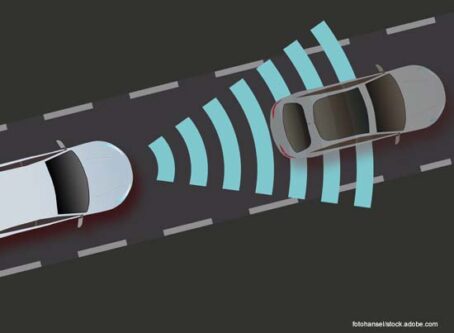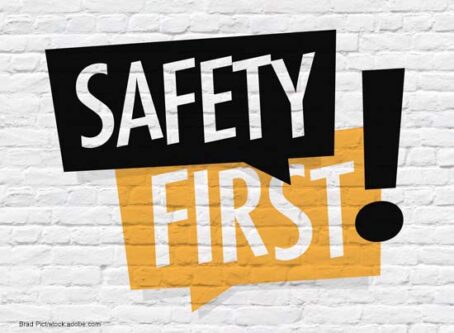Alternative vision standard goes into effect; road test now required for some
The Federal Motor Carriers Safety Administration is amending its regulations regarding licensing exemptions for drivers with monocular vision.
Effective March 22, the alternative vision standard replaces the current vision exemption program as the means for determining an individuals’ physical qualification for exemption. Drivers who are currently granted exemption under the expiring program must comply with the new standards by March 22, 2023.
Currently, drivers with vision loss in one eye are prohibited from driving interstate commerce unless they obtain an exemption from FMCSA. The new standard aims to reduce barriers for drivers seeking an exemption by revamping the certification process.
Drivers seeking exemption under the alternative vision standard must have an evaluation completed by a licensed provider.
Under the new standard, a licensed ophthalmologist or optometrist is required to complete Form MCSA-5871. This form determines the qualification for the exemption. The evaluation can be completed at the licensed provider of your choosing and is valid for 45 days.
To qualify under the new vision standard, a driver must:
Have a distant visual acuity better than 20/40 in their better eye – with or without corrective lenses – and a field of vision of at least 70 degrees in the horizontal meridian.
Be able to recognize the color of traffic signals and devices.
Have stable vision deficiency.
Sufficient time has passed since the vision deficiency became stable to adapt to and compensate for the change in vision.
Individuals granted exemption are required to requalify every 12 months.
Additionally, the new standard adds a requirement that monocular vision individuals be road-tested under certain circumstances.
This applies to any driver being granted an exemption for the first time under the new standard. According to the FMCSA, drivers are excepted from the road test requirement, “if they have three years of intrastate or specific excepted interstate (commercial motor vehicle) driving experience with the vision deficiency, hold a valid federal vision exemption, or are medically certified under 49 CFR 391.64(b).”
Employers and owner-operators are responsible for administering road tests in accordance to the typical standards.
The Owner-Operator Independent Drivers Association supports the FMCSA alternative standard.
“The research presented demonstrates that individuals with monocular vision can safely operate a CMV,” the association said in a March 2021 comment to FMCSA. “There is also considerable medical literature indicating that individuals with vision loss in one eye can and do develop compensatory viewing behavior to mitigate their vision loss.”
OOIDA adds that current regulations present too many barriers for drivers with monocular vision to be granted exemption. According to the Association, more drivers obtaining exemptions could have an impact on driver retention.
“In many cases, drivers with decades of experience without any at-fault crashes have to leave the profession because of the economic obstacles associated with the current monocular vision standards. The prolonged period of required intrastate driving can discourage these drivers from staying in the industry,” the Association said. “We believe the proposed reforms will allow safe and experienced drivers to stay on the road.” LL









